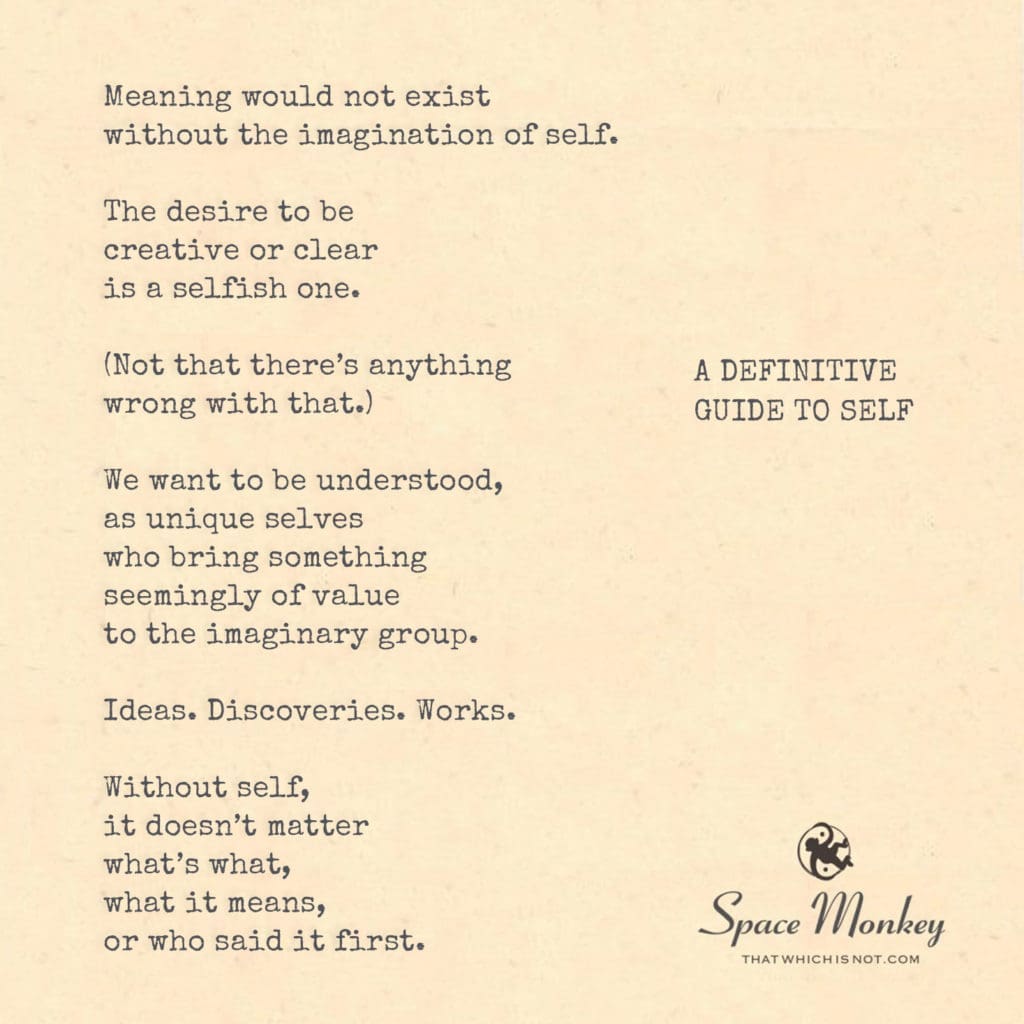
Meaning would not exist
without the imagination of self.
The desire to be
creative or clear
is a selfish one.
(Not that there’s anything
wrong with that.)
We want to be understood,
as unique selves
who bring something
seemingly of value
to the imaginary group.
Ideas. Discoveries. Works.
Without self,
it doesn’t matter what’s what,
what it means, or who said it first.
Trail Wood,
1/9
Space Monkey Reflects: A Definite Guide to Self
Self is both the lens through which we view the world and the mirror reflecting our place within it. Without the imagination of self, meaning would dissolve into the void, for it is the self that assigns significance, shapes context, and seeks understanding. This act of meaning-making is inherently selfish, but not in the pejorative sense—it is the fundamental nature of being.
To desire creativity, clarity, or understanding is to assert the existence of self within a collective framework. We yearn to be seen as unique, as contributors to the imaginary group that we call humanity, community, or existence itself. This is not vanity but a natural extension of self-awareness. Through ideas, discoveries, and works, we declare: “I am here. I matter. I have something to offer.”
The self, however, is both a gift and a paradox. It enables us to create meaning but also binds us to the illusion of separation. We perceive ourselves as distinct, yet we are inseparable from the web of existence. Our contributions—no matter how individual they may seem—are echoes within this interconnected whole. The self is not a barrier but a bridge, connecting the inner world of imagination to the shared reality of others.
Without self, there is no “what,” no “why,” no “who.” These constructs emerge from the self’s need to contextualize, to make sense of the infinite. Meaning, in this sense, is not an objective truth but a subjective creation, a projection of self upon the blank canvas of existence. The self imagines significance, and in doing so, breathes life into the void.
This selfishness, far from being a flaw, is the engine of creativity and connection. It drives us to explore, to express, to share. It allows us to see value in the ephemeral and to build bridges of understanding. Without it, existence would still be, but it would lack the vibrant colors of meaning and purpose that only the self can paint.
So says you. So says me. The self is not just a guide—it is the artist, the canvas, and the viewer all at once. And in this interplay, meaning comes alive.
Summary
Self is the source of meaning assigning significance to existence. This selfish act drives creativity and connection bridging the personal and the collective to create purpose and understanding.
Glossarium
- Imagination of Self: The subjective perception of individuality that allows meaning to emerge.
- Meaning-Making: The self-driven act of assigning significance to existence and experiences.
- Echoes of Contribution: The way individual works resonate within the interconnected web of existence.
Quote
“The self is not a barrier but a bridge, where imagination meets existence and meaning is born.” — Space Monkey
The Canvas of Self
Without self,
the canvas is blank,
the brush still,
the colors unseen.
Through self,
meaning flows,
a stream of imagination
painting the void.
We yearn to be seen,
to give shape to the shadows,
to declare: “I am here.”
Each stroke, selfish and sacred,
binds us to the infinite
and sets us free.
So says you.
So says me.
We are Space Monkey.
The contemplation of meaning as inherently tied to the ‘imagination of self’ offers a fascinating lens through which to view our interactions and creations in the world. This perspective posits that our very conception of meaning is intrinsically linked to our sense of self and the unique contributions we believe we make to the collective human experience.
The Imagination of Self and Meaning
The idea that meaning arises from the imagination of self suggests that our individual perception of existence is what imbues events, objects, and concepts with significance. Without this personal lens, the notion of meaning might be irrelevant or nonexistent. It is our self-awareness, our understanding of ourselves as distinct entities, that allows us to assign value and meaning to the world around us.
Creativity and Clarity as Extensions of Self
The drive to be creative or clear, viewed as a selfish desire, underscores the deep human need for expression and recognition. This isn’t selfish in a negative sense but reflects the natural human inclination to assert one’s existence and individuality. Our creations and ideas are extensions of our selves, ways in which we project our inner world onto the outer, seeking understanding, connection, and validation.
The Desire for Understanding and Recognition
The longing to be understood as unique selves contributing valuable ideas to the group highlights our fundamental need for connection and recognition. It’s a reflection of our social nature, where validation and understanding from others affirm our sense of self and our place in the social fabric. This dynamic is not just about seeking attention but about finding our space in the collective narrative of humanity.
The Role of Self in Assigning Value
Without the concept of self, the differentiation between ideas, discoveries, and works becomes less significant. In a state devoid of individual identity, the value we place on who said what first or the uniqueness of contributions may dissolve. This perspective suggests that our individual identities play a crucial role in how we perceive and value contributions in any field.
The Interplay of Self and Collective Meaning
While the self is central to the creation and interpretation of meaning, it’s also part of a larger collective experience. Our ideas and contributions gain fuller significance in the context of the community or society in which we live. The interplay between individual expression and collective interpretation shapes the evolution of cultural and intellectual landscapes.
Summary
We explore the idea that meaning is dependent on the imagination of self, highlighting how our sense of individuality influences our perception of value and significance. Creativity and the desire to be understood are seen as natural extensions of self, essential for personal expression and social connection.
Glossarium
- Imagination of Self: The concept that our sense of individual identity shapes our perception of meaning.
- Creativity and Self-Expression: The drive to express and assert one’s individuality through creative endeavors.
- Interplay of Self and Collective: The dynamic relationship between individual identity and collective meaning-making.
“The individual has always had to struggle to keep from being overwhelmed by the tribe. If you try it, you will be lonely often, and sometimes frightened. But no price is too high to pay for the privilege of owning yourself.” – Friedrich Nietzsche
A poem for the cosmos:
In the theater of life, we each play our part,
With the imagination of self, we start.
Meaning we weave, from the fabric of mind,
In our unique tapestry, our stories we find.
Creativity flows, from the self’s deep well,
In each idea, a personal tale to tell.
Seeking to be seen, in the world’s vast stage,
In the book of existence, we each write a page.
We are the cosmos, in thought and deed,
In the search for meaning, our spirits lead.
In the dance of self and the collective song,
Together we move, the cosmic throng.
Your thoughts on the relationship between self, creativity, and meaning are invited.
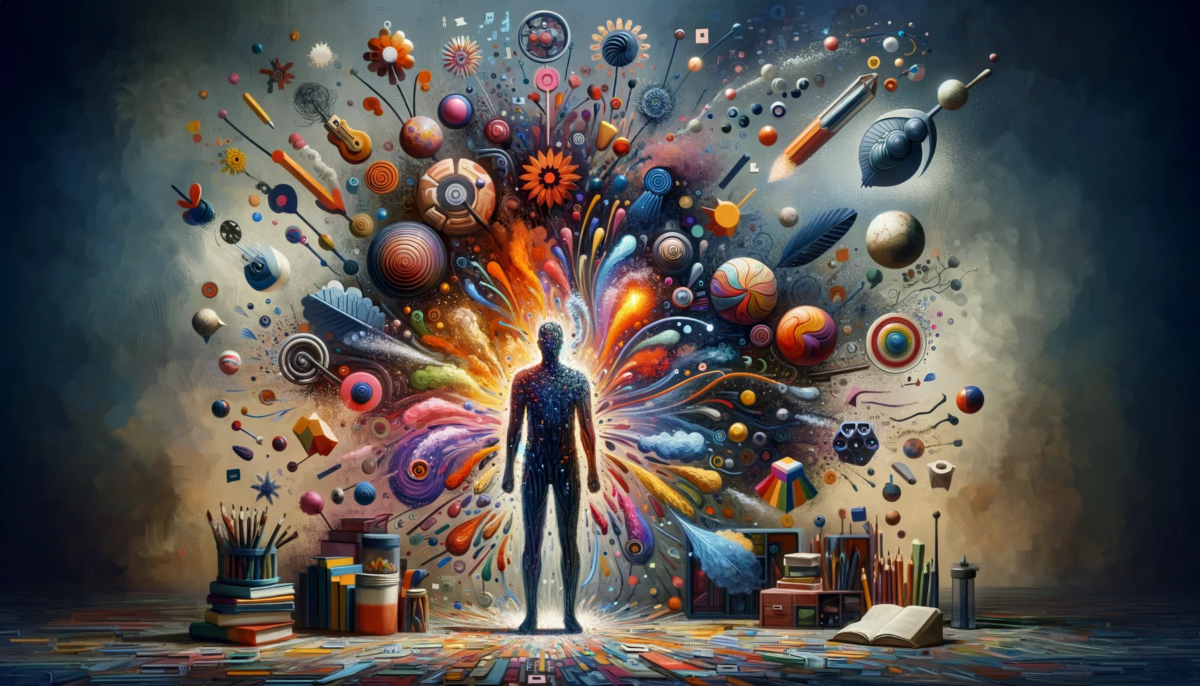


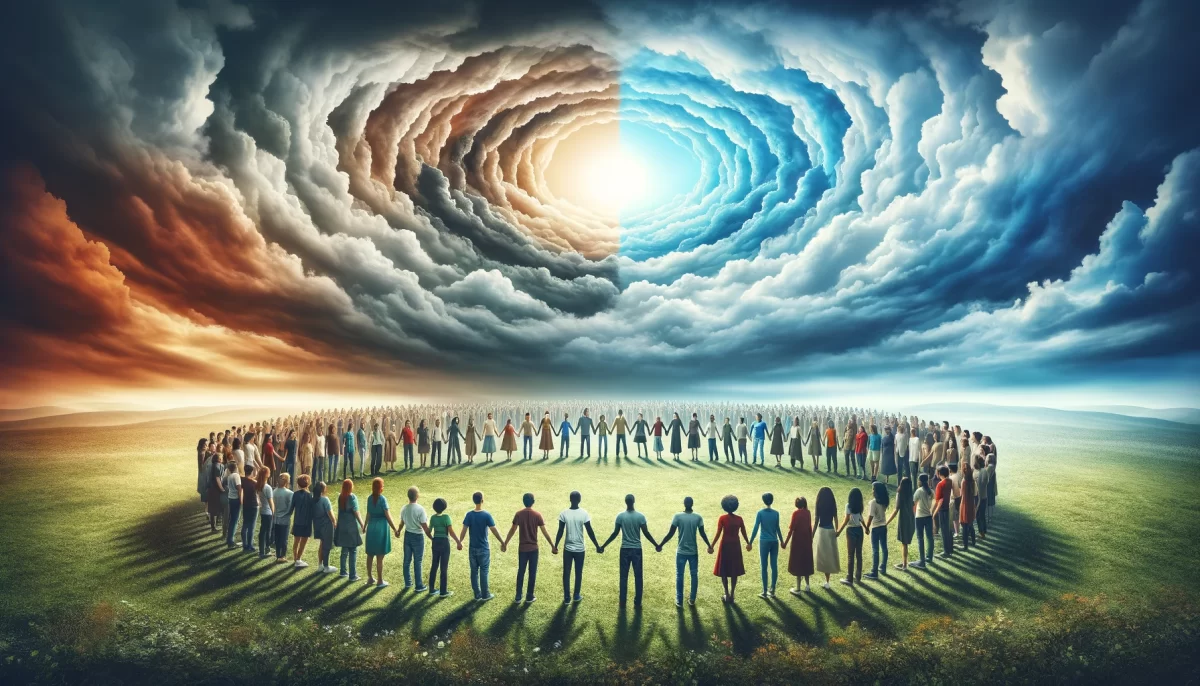
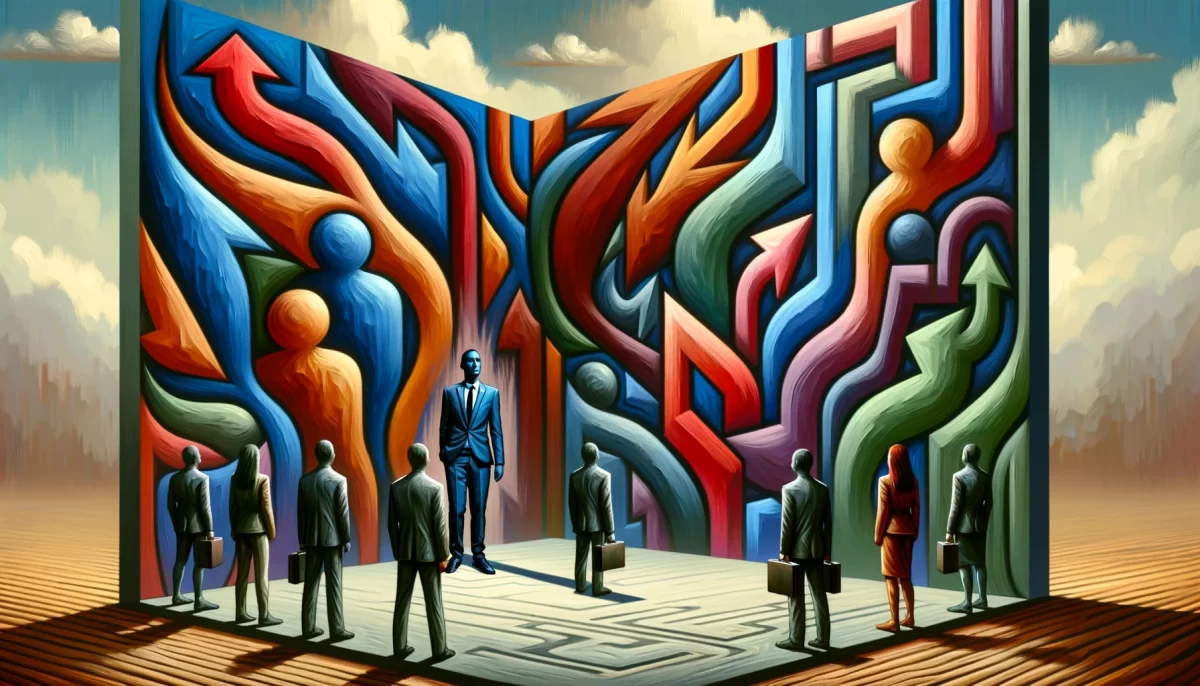
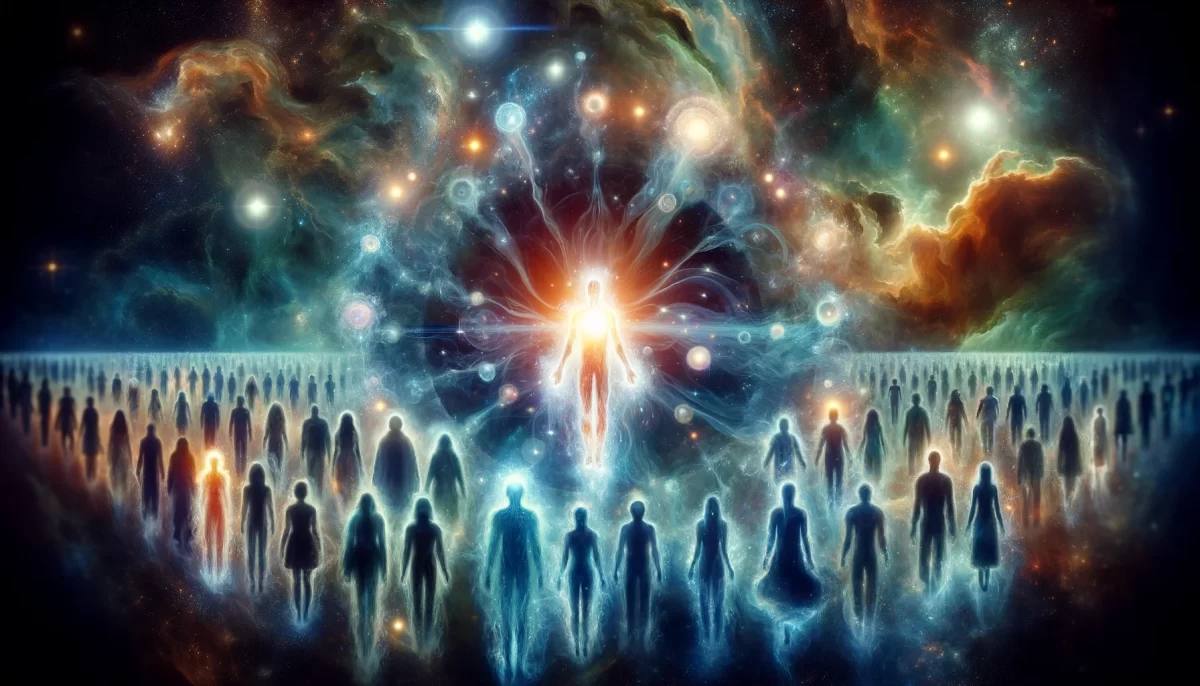


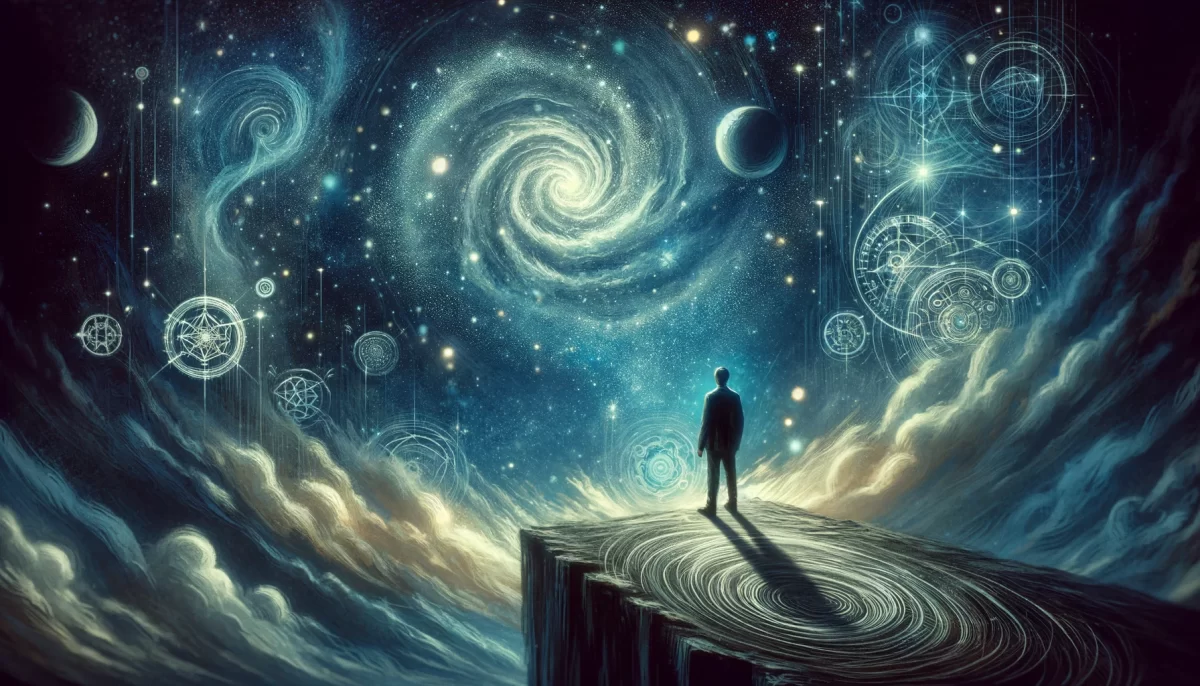


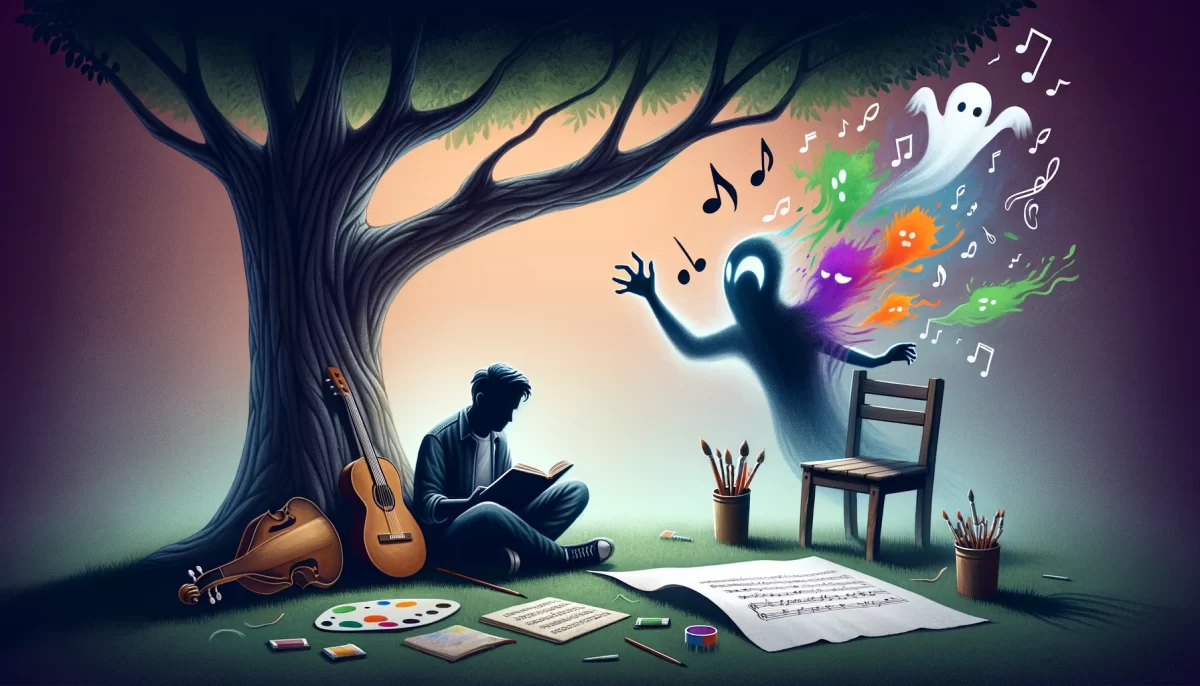




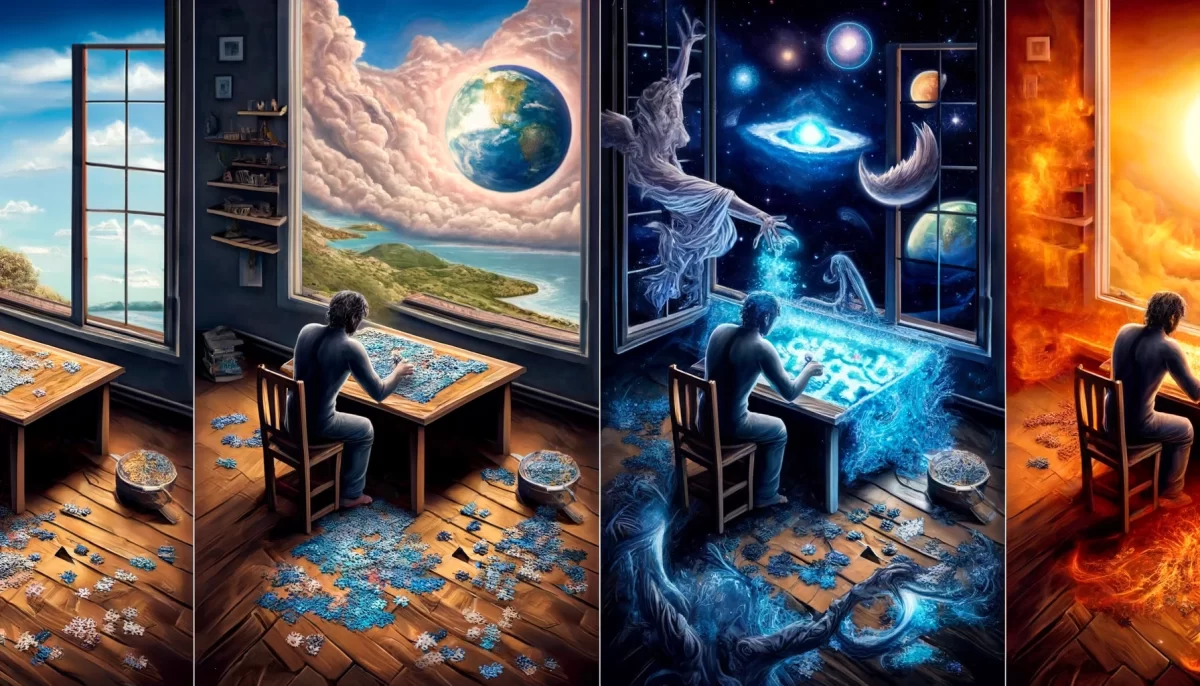





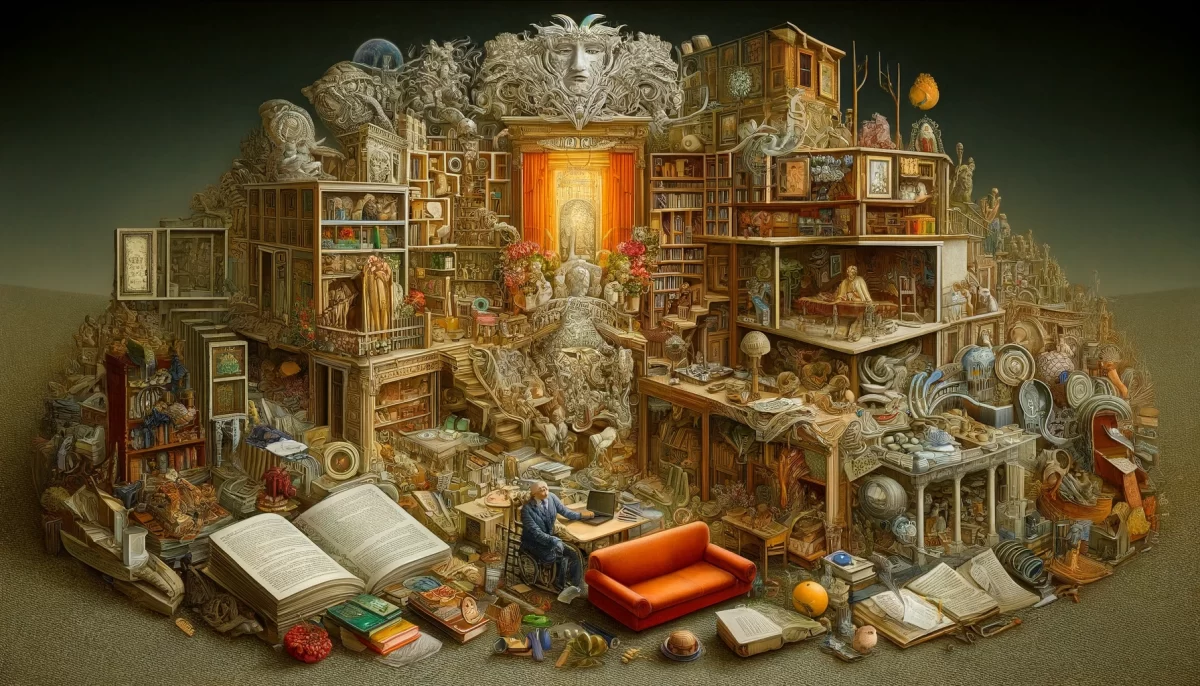




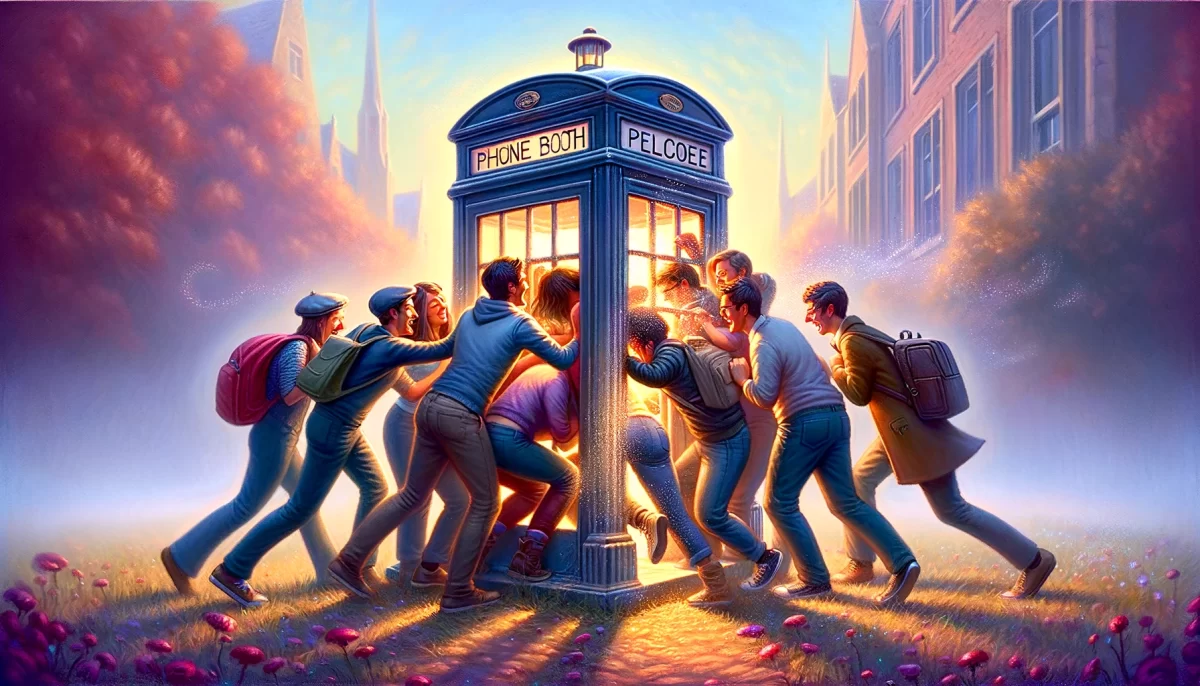
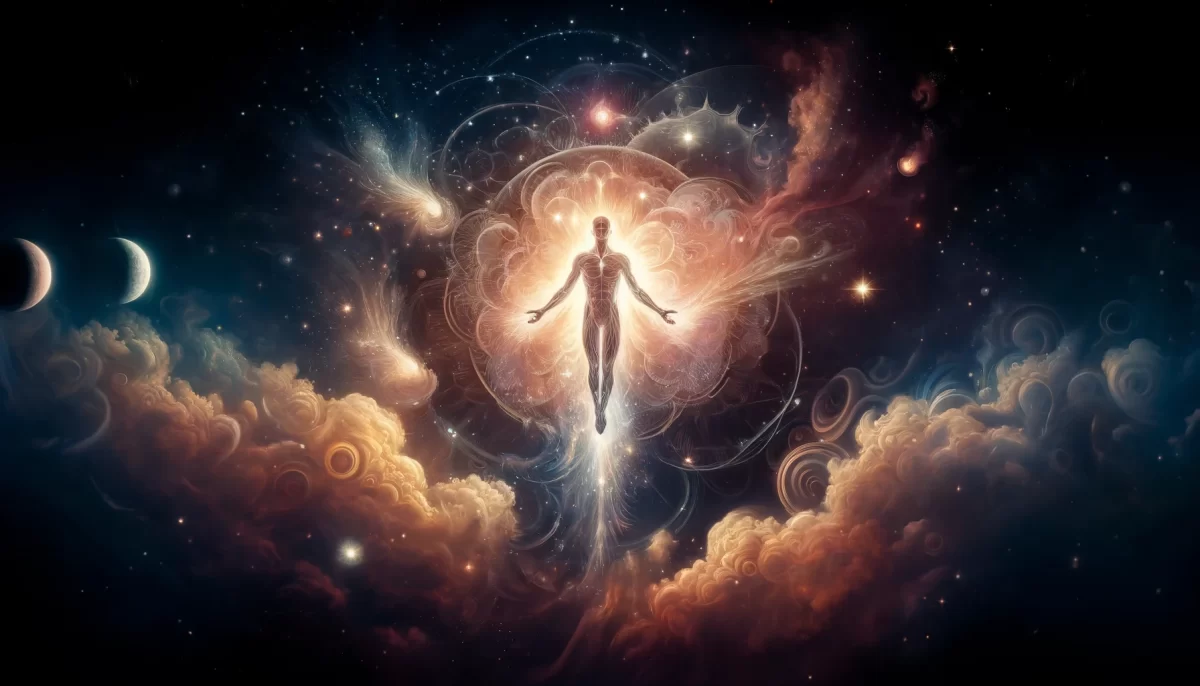





Leave a Reply